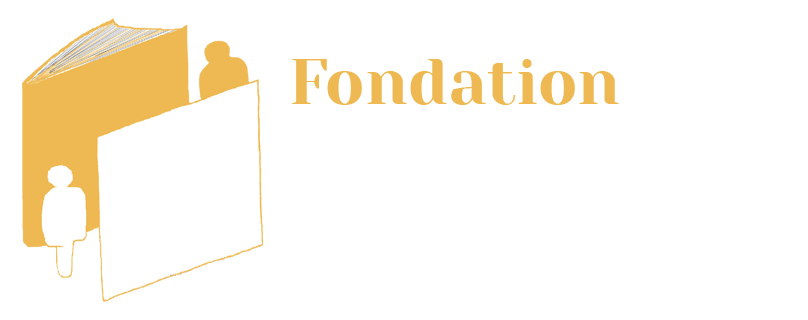Jonathan-Raphäel Bischoffsheim (1808-1883)
Belgian banker and parliamentarian of German origin. President of the Consistory (1837-1840)Jonathan-Raphaël Bischoffsheim contributed to the development of a financial power of an extraordinary dimension, thanks to his family ties (the Goldschmidt and de Hirsch families in particular) and the contacts he enjoyed throughout Europe. He was also one of the actors, if not one of the inspirers of the financial and monetary policy of independent Belgium, financed public and private loans, both Belgian and foreign, and participated in the creation of numerous industrial and banking companies. Jonathan-Raphaël Bischoffsheim was only nineteen years old when he came to assist his brother Louis-Raphaël, who had opened a branch of the firm Bischoffsheim- Goldschmidt et Compagnie in Antwerp. In 1837 he settled in Brussels, where, while continuing to manage the Antwerp headquarters of the bank - which he ran alone after the departure of his brother in 1848 - he began to take an interest in the public sector and conducted his own business, independently of the family firm. He was involved in a number of financial transactions and on the boards of directors of large industrial and transport companies, particularly in the railway sector.
In 1875, Jonathan-Raphaël Bischoffsheim published, in collaboration with the Inspector General of the Ponts et Chaussées Wellens, a memorandum entitled Institution d'une Société Nationale des Chemins de Fer Vicinaux (Institution of a National Company for Vicinal Railways): in it, they suggested the creation of a single company, of which the public authorities would be the shareholders, and which would establish the entire secondary rail network. This study served as the basis for the drafting of the law of 1884-1985 which gave birth to the Société nationale des Chemins de Fer vicinaux. In addition to the mandates already mentioned, Jonathan-Raphaël Bischoffsheim was commissioner or director of numerous companies, including the Établissements John Cockerill, the Royal Asturian Mining Company (in 1853 he participated in the creation of the Company for the Production of Zinc in Spain, which became the Asturian Mining Company the following year), the Société des Chemins de Fer du Nord de la Belgique and the Compagnie immobilière de Belgique. However, Jonathan-Raphaël Bischoffsheim was much more than a great financier. He also had an esteemed political career in the ranks of the Liberal Party. A member of the Liberal Association of Brussels, he was a member of the Municipal Council of that city from 1848 until his death. He was treasurer of the Liberal Federation and, after obtaining the grande naturalisation (1859), was elected senator for Brussels in 1862, a mandate he also kept until his death. In the Senate, his parliamentary activity focused mainly on financial and educational issues. He was instrumental in the creation of the Ligue de l'Enseignement and the Association pour l'Encouragement de l'Enseignement des Femmes. From 1870 to 1874 he was a permanent member and from 1874 to 1883 a representative of the Brussels City Council on the board of the Free University of Brussels (having already been included in the list of founders in 1834), where he created a chair of Arabic - in addition to several scholarships.
A great philanthropist, he allowed the foundation of two professional schools and two teacher training colleges in Brussels. He made very generous donations to Jewish and non-Jewish charities, particularly to the municipality of Boitsfort, the Denier des Écoles, the Oeuvre du Vêtement and the Association pour Secourir les Pauvres honteux. At his death, his heirs made, according to his wishes, about six hundred thousand francs of donations to liberal charities in the Brussels area, and it was estimated that one hundred and thirty thousand francs were donated to Jewish charitable institutions at that time.
Jonathan-Raphaël Bischoffsheim was also a member of the Central Israelite Consistory of Belgium from 1837 to 1848 and an honorary member from 1848 until his death. He had been its president between 1837 and 1840, after having reorganised the Jewish community of Antwerp after Independence and held the position of delegate of Antwerp to the Consistory from 1833. He was also a member of the central committee of the Alliance Israélite Universelle and a major donor to the Brussels Jewish community, contributing in particular to the building of the synagogue in the rue de la Régence.

